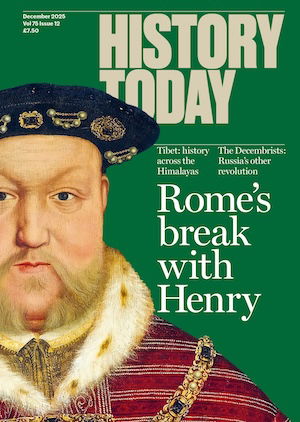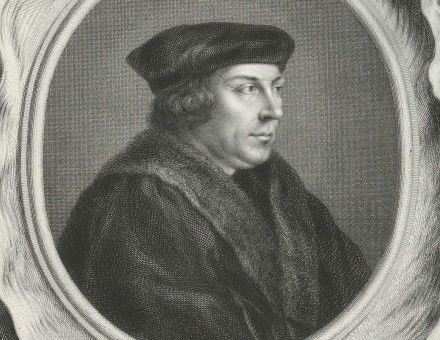The Peer and the Alderman’s Daughter
Lawrence Stone describes how, towards the close of Queen Elizabeth's reign, a young nobleman laid violent and successful suit to the only daughter of a wealthy merchant and money-lender, whose will he is thought to have advantageously suppressed.



